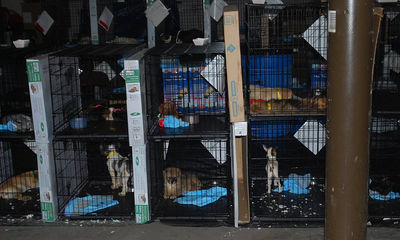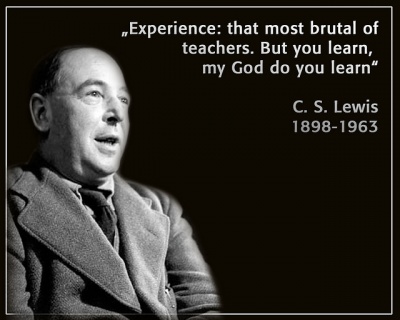Rodeos are competitions based on skills that cowboys need for ranch work. They include events like Tie-down roping, Team Roping, Steer wrestling, Saddle bronc riding, Bareback Bronc-Riding, Bull riding and Barrel racing.
Informal rodeos were held starting in the 1820s in the Western United States and northern Mexico. The first official competition was held in Cheyenne, Wyoming in 1872. By 1910, several rodeo competitions had been established. In the 1970s, rodeos became more popular as a sport. Today, many of the contestants have never worked on a ranch and compete for the athletic rewards of the event.
Protests against rodeos on animal welfare grounds began already in the 1870s. In the 1950s, the then Rodeo Cowboys Association (RCA, later the PRCA) worked with the American Humane Association (AHA) to establish regulations protecting the welfare of rodeo animals that were acceptable to both organizations. Over the years, the regulations have gotten stricter and require protection for the competing animals and veterinarians present at all competitions. Some states have legislation regarding rodeos. St. Petersburg, Florida is the only locality in the United States with a complete ban on rodeo.
PETA and the HSUS oppose rodeos completely. The ASPCA only opposes rodeo events that “involve cruel, painful, stressful and potentially harmful treatment of livestock, not only in performance but also in handling, transport and prodding to perform.” The ASPCA points out that often animal cruelty takes place in the training sessions and not in the competition itself. The American Humane Association advocates legislation for fair treatment of animals in all situations, including training sessions. It also has strict requirements for the treatment of animals used for rodeo scenes in movies.
Although there are cases of mistreatment of horses and livestock who compete in rodeos, sick, injured, hungry, or severely abused animals cannot perform well in a given event, so trainers have an incentive to treat them well. Health regulations mandate vaccinations and blood testing of all competing animals. The big, well-known rodeos follow PRCA regulations and are under intense scrutiny. Smaller rodeos who don’t follow these regulations or rodeos outside the U.S. and Canada, where animal welfare laws are weaker, are more likely to be the site of animal cruelty.



